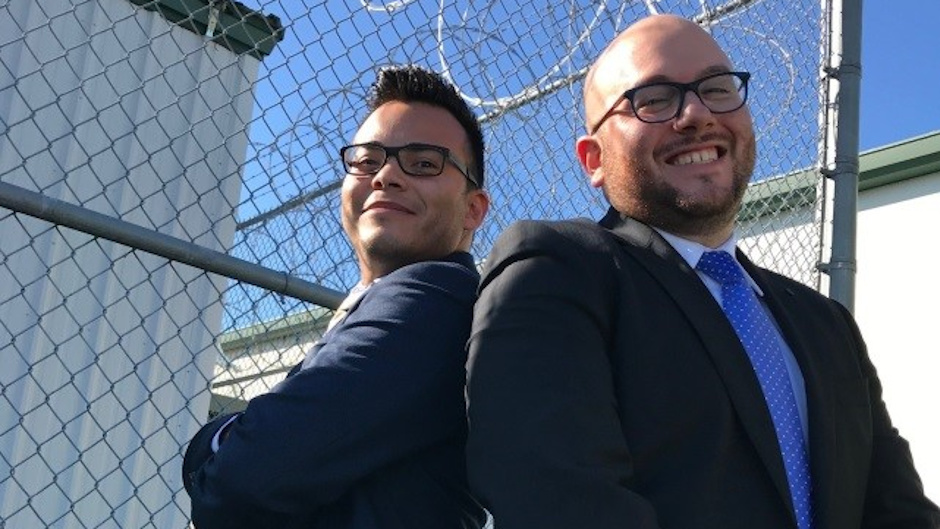Earlier this year, Miami-Dade County started to enforce federal immigration law in its jails. Reacting to the Trump Administration’s anti-sanctuary city policies, Miami-Dade began holding people beyond the end of their criminal cases for immigration authorities. Under the county’s new detainer policy, the jails must hold a person for up to 48 hours, not including weekends or holidays, upon the request of the federal government.
Miami Law’s Immigration Clinic is lead counsel in a federal court case challenging the lawfulness of the County’s policy. The clinic argues that holding people after their criminal custody ends qualifies as a new arrest that must be authorized by law. The clinic has brought the suit in collaboration with the law firm of Kurzban, Kurzban, Weinger, Tetzeli, and Pratt, P.A. and the American Civil Liberties Union of Florida.
“It is clear that Miami-Dade County changed its policy amid the Administration’s pressure to end sanctuary cities,” Immigration Clinic 2L student Candelario Saldana, who is working on the case, said. “Instead of being a leader in the fight for immigrant rights, Miami-Dade turned its back on the people who have built this city.”
“Miami-Dade is a city that has flourished with the help of immigrants,” added Saldana’s clinic partner, 2L Pablo Pazos. “We want our leadership to defend immigrants, not antagonize them with anti-immigrant policies.”
The clinic’s client, Garland Creedle, is a U.S. citizen who was born in Honduras. In 2015, an immigration judge found that he was a U.S. citizen and terminated immigration court proceedings against him. Immigration enforcement authorities nonetheless lodged a detainer against Creedle and the county held him in jail even after he posted a bond in his criminal case.
“This lawsuit is not only about enforcing the rule of law but about standing with immigrants at a time when the Trump Administration seeks to divide us,” said Rebecca Sharpless, director of the Immigration Clinic. “I’m impressed with how thoughtful the clinic students have been about both the legal issues and the politics of the case.”
The Immigration Clinic is part of Miami Law’s Clinical Program in which second and third year students represent clients and work on advocacy projects under the supervision of faculty members.

